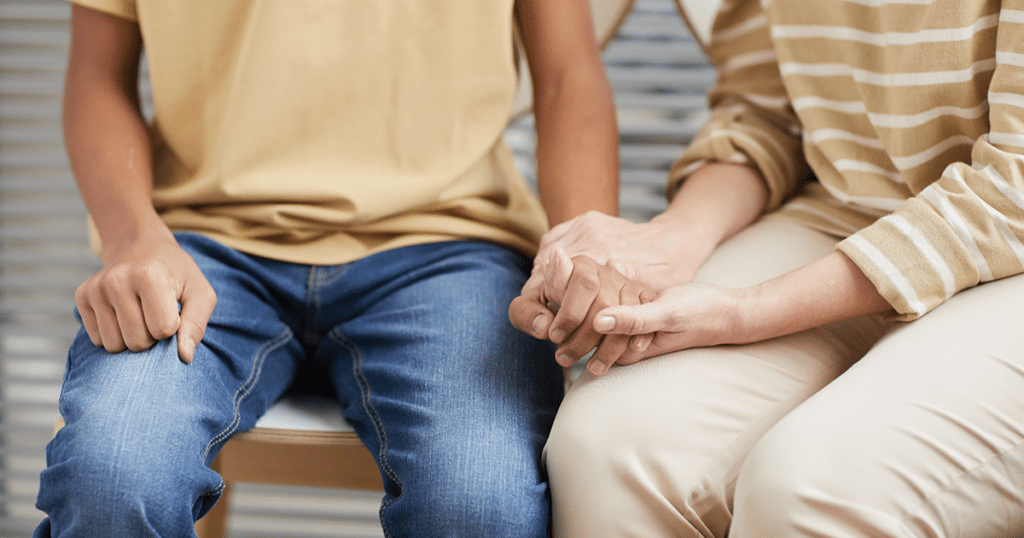The Tamarack Center Blog
Enjoy deep insights with our team’s curated content centered around cognitive psychology and mental and behavioral issues in children, adolescents, and young adults.

Taking Control of Your Mental Health: Exploring Your Residential Treatment Options
Starting teen residential mental health care can be the turning point for an important new chapter of your life. Whether you’re struggling with substance misuse, eating disorders, anxiety, depression, or any combination of mental health challenges — a residential treatment program can provide the structure, accountability, and actionable strategies to

Residential Care vs. Hospitalization: Making Informed Choices About Teen Mental Health
Residential treatment and inpatient hospitalization are two of the highest levels of care for teen mental health treatment. Yet while these two different treatment options share many similarities, the differences between inpatient and residential treatment are important considerations when choosing what’s best for your adolescent’s mental health. If your teen

7 Benefits of Child Psychiatry During Residential Treatment
Child psychiatrists play a vital role in residential treatment programs, provide comprehensive evaluations, manage medication, and create detailed, individualized treatment plans for those with complex mental health needs. Unfortunately, there are far too few child psychiatrists to meet the current need. According to the American Academy of Child and Adolescent

Mental Health Support for Teens in Washington: Transforming Lives at Tamarack Center
Today’s world can be a difficult place for adolescents. They can feel isolated and frustrated growing up in an increasingly complex environment. They may have difficulty thinking, feeling, and participating in the activities others take for granted. Regardless, their struggles not only cause stress and anxiety, it can also add

Addressing Concerns About Residential Mental Health Treatment for Teens
Many people have only experienced mental health treatments as therapy sessions. So naturally, residential mental health treatment can bring up several concerns. How much does it cost? How long does treatment take? How effective are residential treatment programs? We want to address these and other concerns you may have about

Mental Health Residential Treatment for Teens: Is Residential Treatment Right for Your Teen?
Choosing to admit your teen into residential treatment (or inpatient treatment) is not an easy decision. In many cases, it’s the best option for their care and well-being and it can be. A residential treatment center provides a safe, structured environment for teens struggling with mental health conditions. Residential treatment
